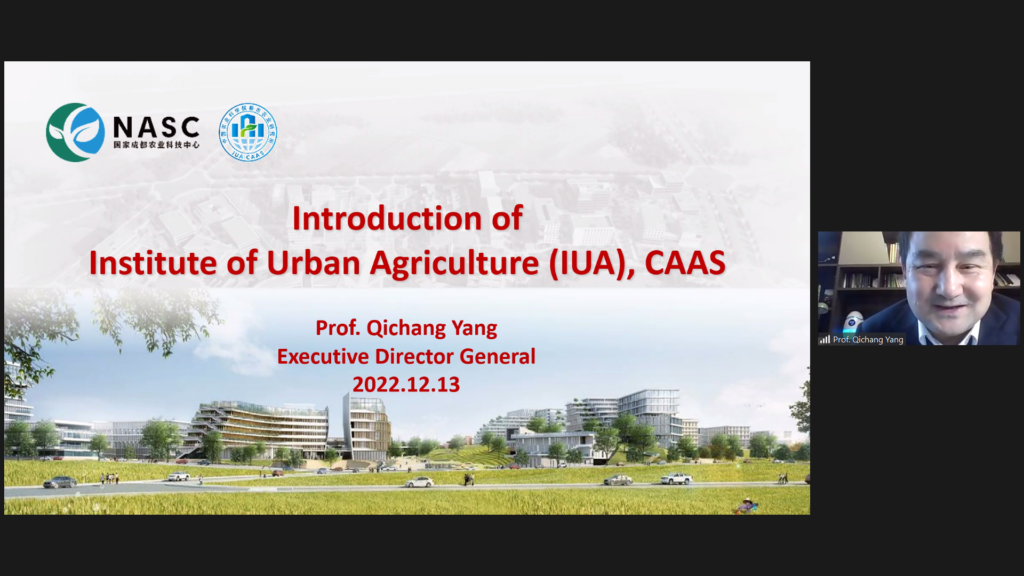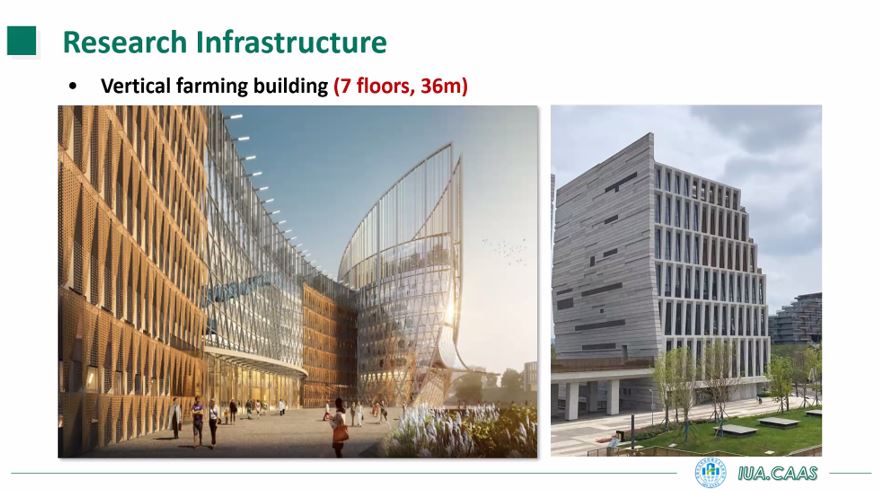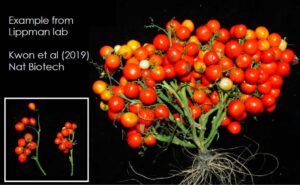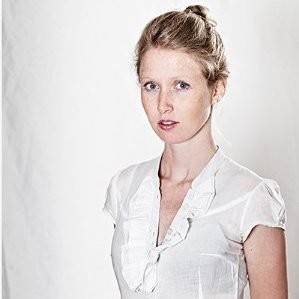On 13 December, the 4th Exchange Forum on Sino-German Collaboration in Agricultural Sciences brought together an interdisciplinary group of Chinese and German researchers to discuss opportunities for collaboration and joint research in the field of urban agriculture. Held as an online event due to continued COVID-19 restrictions in China, this time around the forum was hosted by the Institute of Urban Agriculture (IUA) of the Chinese Academy of Agricultural Sciences (CAAS), with organizational support from the S&T Platform of the Sino-German Agricultural Centre (DCZ) and the Department for International Cooperation of CAAS.
Since its inception in April 2021, the Exchange Forum has sought to foster agricultural cooperation projects by offering a platform for research institutes within the CAAS network to meet up with potential research partners from Germany.
In his opening address, IUA director Qichang Yang highlighted the significance of developing urban agriculture. With 56 percent of the world population now living in cities, producing sufficient food with the limited resources available in urban environments will be crucial for making our food systems more resilient. As one of CAAS’ youngest research institutes founded only in 2018, IUA is at the forefront of developing new strategies for food production in urban areas and is eager to cooperate with German researchers on issues such as vertical farming, intelligent horticulture engineering, functional and ornamental plant cultivation, as well as urban food policy, Mr. Yang emphasized.

Developing functional plants
In the following session on functional plants development, Maozhi Ren from IUA presented the institute’s cutting-edge research in interstellar agriculture. Farming in space, Mr. Ren said, could offer an answer to current challenges on earth such as climate change and population growth. Controlled Environment Agriculture (CEA) systems combined with the use of biotechnology and genetic engineering to optimize plants for cultivation in space would be cornerstones of an efficient space food system.
Alisdair Fernie added insights from his research group at the Max Planck Institute of Molecular Plant Physiology to the discussion, showcasing how precision phenotyping and molecular plant breeding methods could be used to optimize plants for growth in urban settings. Reduced demand for space and shortened reproduction cycles were amongst the beneficial outcomes that could be achieved by such research, Mr. Fernie showed in his presentation.
Matias Zurbriggen from Heinrich Heine University, Institute of Synthetic Biology introduced approaches from plant synthetic biology that could help improve plant nutrients and metabolism so that, for example, plants would fix their own nitrogen, reducing the need for fertilizer. Mr. Zurbriggen also highlighted the opportunities and challenges presented by the production of cultured meat, including the regulatory and cultural shifts that would be needed to make lab-grown meat an alternative to animal-based meat products.
A major bottleneck in functional plant development is the massive need for energy, Sebastian Weickert from the University of Hohenheim, Department of Biobased Resources in the Bioeconomy pointed out in his talk on developing high-added value products from algae. Energy-intensive production coupled with high energy costs currently make production non-competitive, with more sources of renewable energy needed to address this problem, Mr. Weickert emphasized.
Vertical farming and plant factory systems
In a session on vertical farming, Zhonghua Bian from IUA offered insights into the latest technological breakthroughs the vertical farming team at IUA has achieved in the past years. In its newly built 7-floor vertical farming building, the IUA scientists are experimenting with LED lighting techniques to speed up crop cycles and reduce labor costs through the use of robotics and unmanned production systems. The team’s progress on growing staple crops within an indoor farming environment received particularly attention from the forum participants. IUA is now able to grow a full rice crop within 60 days. Currently used to produce rice seed for breeders, the system could be optimized to allow for the large-scale production of cereals in the future, Zhonghua Bian confirmed.

In her talk, Christine Zimmermann-Lössl from the non-profit Association of Vertical Farming (AVF) presented various cutting-edge projects under the umbrella of AVF that showcased the ability of vertical farming to produce fresh, safe, and sufficient food independent of climate and location, underscoring the importance of indoor farming as a necessary solution to global food production in the future.
The session ended with an intervention by Katrin Bohn from the University of Brighton, School of Architecture, Technology and Engineering. Presenting her concept of Continuous Productive Urban Landscapes (CPUL), Ms. Bohn’s talk probed new ways of combining vertical farming with the horizontal use of urban space for food production. One of the first to advocate the integration of urban agricultural solutions into city planning, Ms. Bohn presented various examples from her work as architect and urban planner on how to make food production part of the urban landscape.
Ornamental horticulture & smart horticulture robots
New technologies to optimize ornamental plants were the focus of a session on ornamental horticulture. Xinxin Zhao from IUA, Kerstin Kaufmann from Humboldt University Berlin, Department for Plant Cell and Molecular Biology, and Heiko Mibus-Schoppe from Geisenheim University, Department of Urban Horticulture and Plant Use, Ornamental Plant Research & Urban Horticulture, presented their research facilities and shared insights into their research methods used to enhance floral growth traits and strengthen plant environmental robustness. Wei Ma from IUA and Jonas Straub from the University of Hohenheim, Department of Technology in Crop Production brought more engineering knowledge to the table, focusing on computer models and path algorithm optimization for the development of fruit picking and tree pruning robots.
Urban food policy and planning
The forum closed with a session on urban food policy and planning. Shulang Fei from IUA presented the institute’s current research focused on urban-rural integration and farm-to-fork strategies. Besides, IUA is working on the M30 Initiative, a new research project that will monitor urban agricultural data and practices from 30 mega-cities and metropolitan areas around the world, providing comparative analyses to identify best practices for policy makers to adopt. More global partners are welcome to join the initiative, Ms. Fei emphasized.
Finally, Rita Merkle, cluster manager at the EU-China International Urban Regional Cooperation (IURC) program, where she is in charge of the sub-project “Sustainable Urban Agriculture and Food Systems”, presented some of the joint actions and Sino-European partnerships in the field of urban agriculture that have come out of the IURC program, highlighting their contributions to creating a fair, healthy, and environmentally-friendly agri-food system.
Participants also discussed the possibility for Chinese-European partner projects to tap additional sourcesof funding via the current Horizon Europe funding round.
Exchange Forum to continue in 2023
We will continue our Exchange Forum series in 2023 to meet strong demand from both the German and Chinese agricultural science community. If COVID-19 restrictions allow, some future events may take place on-site, offering participants the opportunity to visit potential research partner institutions in both China and Germany. Check in with us for more information!





